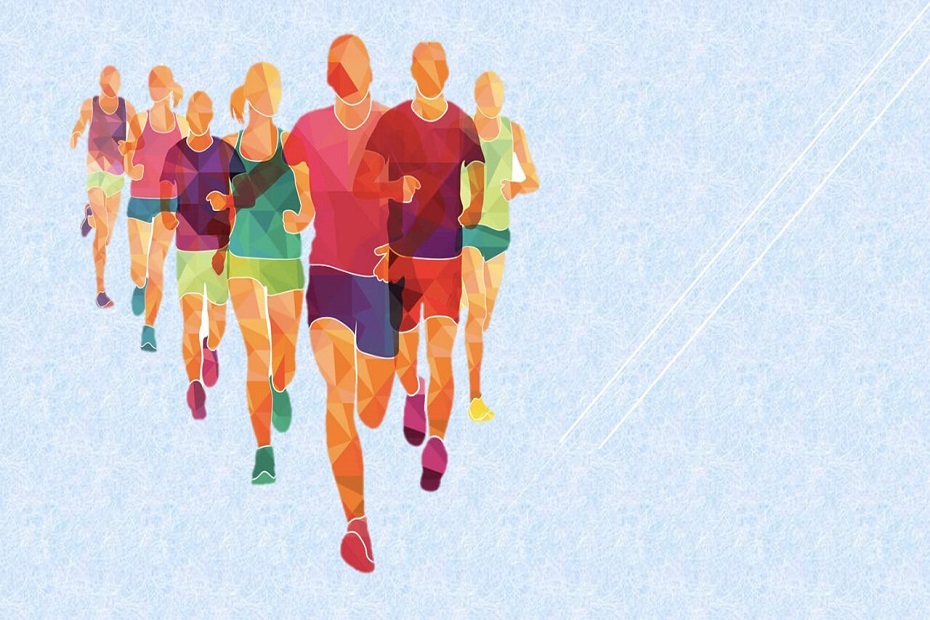Physical education is an essential component of our daily routine that plays a significant role in promoting overall health and wellbeing. Engaging in regular physical activity through physical education helps to build and maintain strong bones, muscles, and joints, improving overall physical fitness and reducing the risk of chronic diseases such as heart disease, obesity, and type 2 diabetes. Moreover, it has been proven that physical activity has a positive impact on mental health, reducing symptoms of anxiety and depression, and promoting better mood and cognitive function.
Physical education also plays a vital role in the development of important life skills such as teamwork, communication, leadership, and discipline. Through physical education, students learn how to work together towards a common goal, communicate effectively with others, take on leadership roles, and develop self-discipline and self-motivation. These skills are not only important for personal growth but also for success in academic and professional settings.
In addition, physical education can have a positive impact on academic performance. Studies have shown that regular physical activity improves cognitive function, attention span, and memory, which can translate into better academic performance. Furthermore, physical education classes can provide opportunities for students to apply academic concepts such as math and science to real-life situations, promoting cross-curricular learning.
Physical education is a crucial component of our daily routine, providing numerous benefits for both physical and mental health, promoting the development of important life skills, and even improving academic performance. Incorporating regular physical activity into our daily routine through physical education classes can lead to a happier, healthier, and more successful life.

